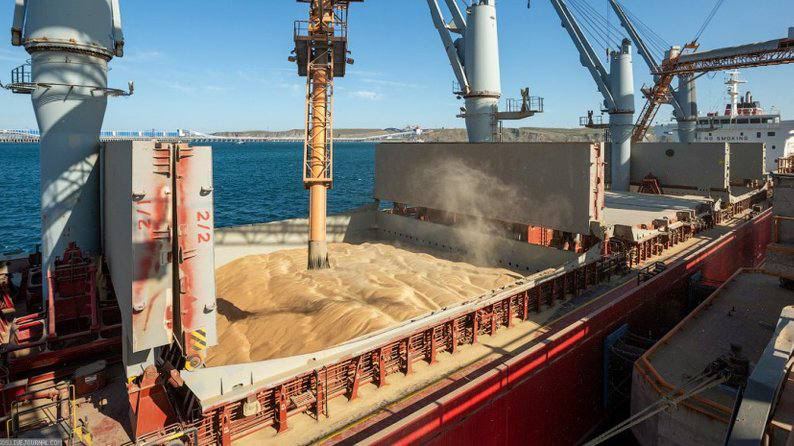According to Reuters, Hungary has extended its ban on imports of honey, certain meat products, and grains from Ukraine until June 30, increasing pressure on the European Union to broaden proposed measures. The European Commission announced emergency “preventive measures” for wheat, maize, sunflower seeds, and rapeseed after some central European countries unilaterally banned imports of food products from Ukraine to protect their agricultural sectors.
Hungary and Poland argue that other products should also be included in the ban. Gergely Gulyas, the prime minister’s chief of staff, listed “25 products, the most important of which are cereals, rapeseed and sunflower seeds, flour, oil, honey, and certain meat products.” Hungary’s Agriculture Minister Istvan Nagy called for an expansion of any EU-wide import ban to include “eggs, honey, and poultry.”
Nagy told state news agency MTI that Hungary will continue to allow transit of Ukrainian grain, ensuring the departure of such shipments “in a controlled manner.” He said it was “worthwhile for Hungary to take firm action and protect the interests of Hungarian farmers,” adding that the measures forced Brussels to take action. Poland’s Agriculture Minister Robert Telus stated that talks with Brussels would continue at the beginning of next week.
Background
Poland, Slovakia, Hungary, Romania, and Bulgaria—have requested the European Commission to implement protective measures to limit agricultural imports from Ukraine. The influx of Ukrainian grain and products into the EU market has led to falling prices and damage to farming economies in countries bordering Ukraine.
Poland and Hungary had temporarily banned imports of Ukrainian grain on 15 and 16 April, respectively. The measure was criticized by the EU, which reminded that trade policy is of EU-exclusive competence and unilateral actions by member states are not acceptable. On 17 April, Slovakia became the third country to temporarily ban Ukrainian grain imports. Bulgaria had also introduced a temporary ban on food imports from Ukraine, while allowing transit, on 19 April.
Meanwhile, Ukraine and Poland had achieved an agreement on the transit of Ukrainian grain through Poland on 18 April.
The EU previously allocated €56 million to support farmers in EU states bordering Ukraine, and the European Commission spokesperson announced the development of a larger-scale aid package.
The EU solidarity corridors were organized at Ukraine’s borders in response to Russia’s maritime blockade of Ukrainian Black Sea ports, which were previously used for exporting Ukrainian grain to the global market. This blockade has resulted in a threat of famine in the world’s most vulnerable countries.
To mitigate this threat, the United Nations and Türkiye initiated the Black Sea Grain Initiative, allowing for the export of some Ukrainian grain. However, this initiative is currently blocked by the Russian Federation. Thanks to the EU solidarity corridors, over 25 million tons of grain have been exported from Ukraine using land routes, including road and rail transport and inland waterways.






